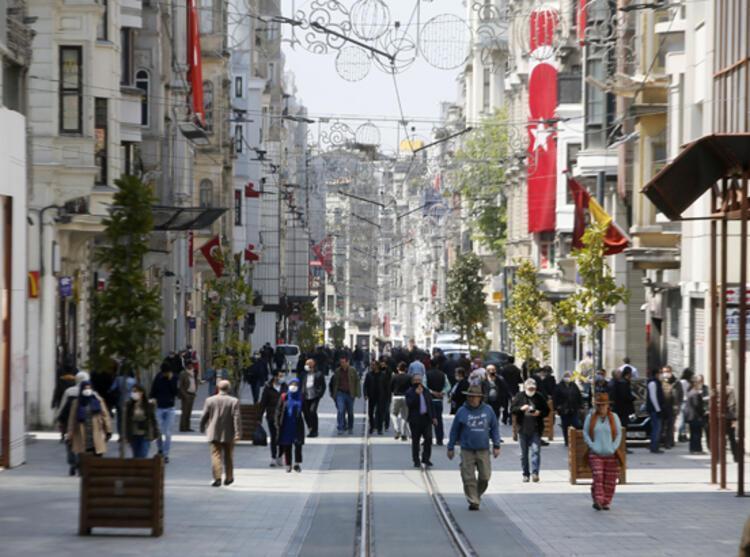
COVID-19 infections have increased after Turkey eased many restrictions in early June initially introduced to curb the spread of the coronavirus contrary to expectations by medical experts that the number of people that contracted the disease would have declined in the summer months.
Apparently, Turkey has seen a spike in new cases because people ignore basic rules to protect them against the virus, such as social distancing, wearing face masks and hygiene. As of July 9, nearly 1,800 patients are being treated in hospitals’ intensive care units (ICU), the highest figure in the past two months, while the number of total COVID-19 cases has neared 210,000.
“In fact, we had hoped for a much better outlook for the summer months. But those expectations did not materialize,” Professor Tevfik Özlü from the Health Ministry’s Science Board told Milliyet daily.
He reckoned that easing the restrictions on the movements of elder people might have contributed to the spike in the number of patients with severe problems.
“Hospitals probably admitted people to ICUs in the early stage of the disease as new daily cases dropped below 1,000. In April, only the patients with respiratory problems and the severely ill were treated in ICUs, whereas today people with other symptoms maybe be admitted to those units. However, the length of treatment in ICUs has shortened,” Özlü said.
Professor Tufan Tükek, the dean of Istanbul University Medical School, noted that the rise in infections in provinces in Anatolia could be related to visits from Istanbul, the epicenter of the outbreak in the country, to those regions.
He also pointed out that social events, such as weddings, family visits and ceremonies to send-off conscripts, increase the cases as people ignore social distancing at those gatherings.
The medical community had hoped to see the number of daily cases drop 100 during the summer months, but the current situation is not very good, Tükek said.
“People are more complacent today compared with April and May. The number of intubated patients and ICU patients should have been half of what they are now. We have around intubated patients and some 1,200 people are receiving treatment in ICUs,” he added.